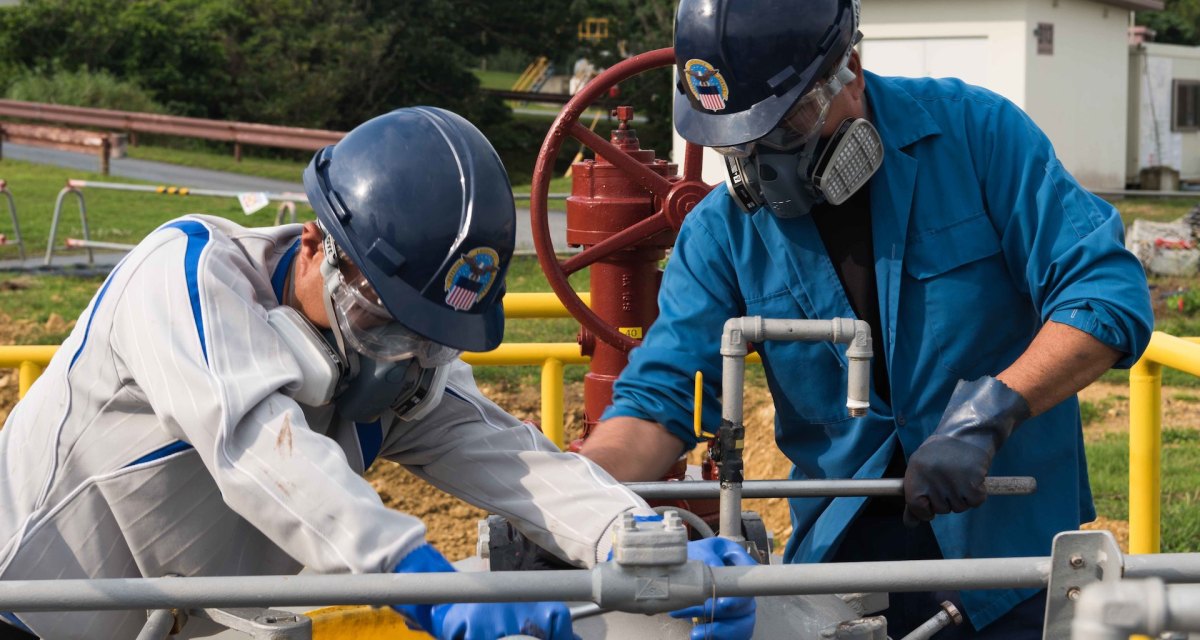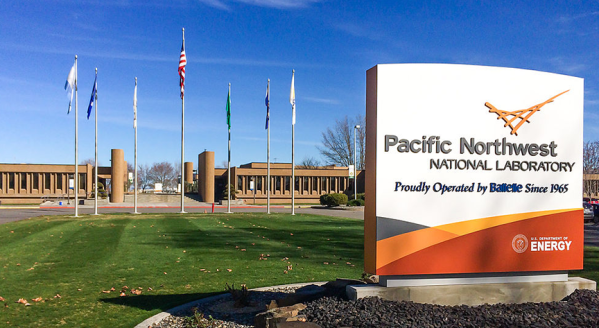For the Defense Logistics Agency, it’s all about the RPAs

The Defense Logistics Agency has saved more than 200,000 labor-hours with the 82 robotic process automation (RPA) bots it has launched in the past year, its CIO says.
The agency provides more than $42 billion in goods and services and manages nine supply chains for the Department of Defense and other parts of the government. Adding even small bits of automation to its processes can be highly beneficial, DLA’s chief information and innovation officer, George Duchak, said during an AFCEA virtual AI event on May 21. And because the agency acts almost like an in-house contractor for the DOD, it always has the bottom line in mind.
“This motivates us to be very competitive,” Duchak said.
DLA first drew up a proof of concept for RPA deployment last March. It initially estimated saving 50,000 labor-hours, but just over a year later it had quadrupled that. Using basic bots is the first step in the agency’s “AI journey” Duchak said, but the DLA is happy to stay on this first step for now.
“We find a lot of AI snake oil out there,” he said. “Everybody over-promises and under-delivers.”
Duchak is no stranger to emerging technology: He was the founding director of the then-Defense Innovation Unit Experiment (now just DIU). He also led the information directorate at the Air Force Research Laboratory in Rome, New York.
More than one new RPA per week
The bots that have been deployed so far at DLA are the result of 20-person team dedicated to pushing out innovative technology to lessen the burden on the workforce. The 200,000 labor-hours saved by RPAs will only grow, Duchak said, as the team is deploying an average of 1.5 RPAs a week.
The agency’s success with RPAs also comes after a years-long campaign to modernize its global IT network, according to a recent agency statement about the DLA’s transition to teleworking during the coronavirus pandemic.
The RPAs are fully implemented — not just test runs, Duchak said.
“They are not pilots, we are actually operationalizing them,” he said of the RPAs.
Eventually, DLA wants to give the RPAs more complex tasks that would require machine learning, as other parts of the DOD are trying to do. Expanding automation will rely mostly on how well the agency can collect and utilize its data, which Duchak called the “feedstock” of machine learning.






